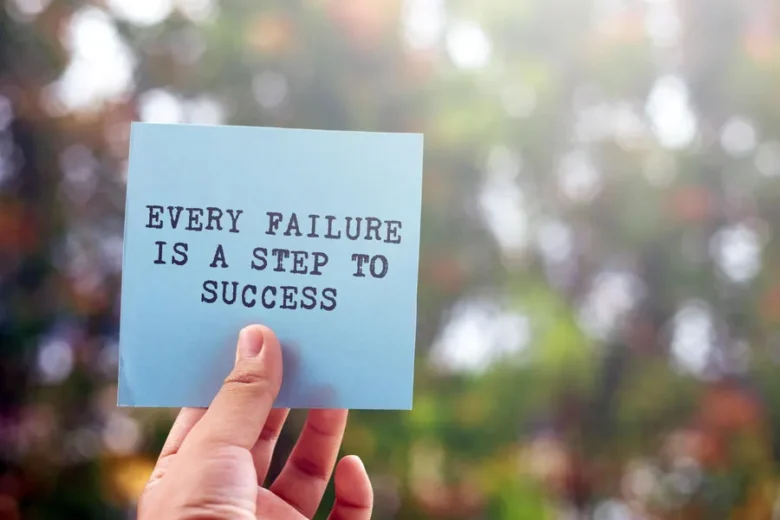Thomas Edison, the greatest inventor of all time, famously stated, “I did not fail 1,000 times.” The lightbulb was a 1,000-step invention. This powerful statement is a reminder to us that failure does not mean the end, but rather a necessary part of our journey towards success. Edison’s view on failure inspires us to see our setbacks not as obstacles but rather essential elements of our progress.
Life is full of failures. Everybody, no matter what their goals or ambitions are, will experience setbacks. The key to success is how we respond to failure. Edison’s path to the invention of the lightbulb was filled with obstacles and many failed attempts. Edison did not see these failures in defeat, but as steps towards his ultimate goal. Each failed attempt taught him valuable lessons that led to the invention.
Fear of failure paralyzes many people, stopping them from taking risks or pursuing their dreams. It is natural to be afraid, but if we let it dictate our actions, this fear can be crippling. Edison’s method teaches that failure should not be feared, but rather embraced. Each failure provides an opportunity to grow and learn, a stepping-stone on the road to success.
Think of how many great accomplishments were preceded by failures. It took countless experiments and failed attempts before the Wright brothers achieved their first successful flight. Steve Jobs also faced many setbacks prior to creating Apple’s iconic product. These examples show that failures are not a reflection on our abilities, but are rather part of the process to refine our ideas and improve our methods.
In order to cultivate a mindset of acceptance, we must reframe what failure means. We should not view failure as a negative result, but as an essential phase of learning and experimentation. Each failure helps us achieve our goals by giving us valuable insights to guide our future efforts.
Here are some ways to change our perception of failure:
Every failure has a lesson to teach. Analyze the mistakes and what you can do to improve. This approach turns failure into an invaluable learning experience.
Set realistic goals: Break your larger objectives down into smaller, more manageable steps. It is easier to adjust your strategy and overcome setbacks without losing sight your ultimate goal.
Persistence is key: Success requires persistence. Keep moving forward, despite setbacks.
Find support: Surround your self with people who will encourage you and provide a different perspective. They can help you stay motivated and maintain your confidence.
Celebrate small wins: Recognize your progress and celebrate it, no matter how minor. This positive reinforcement can help maintain motivation and reinforce the importance of persistence.
Edison’s attitude towards failure is a great example of the importance and resilience. Understanding that failure is a necessary part of success can help us overcome our fears. Every failure is a necessary step to achieving success. Let setbacks teach you valuable lessons and guide you to your ultimate success.




